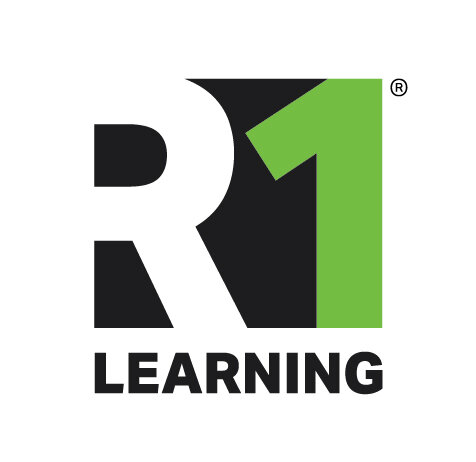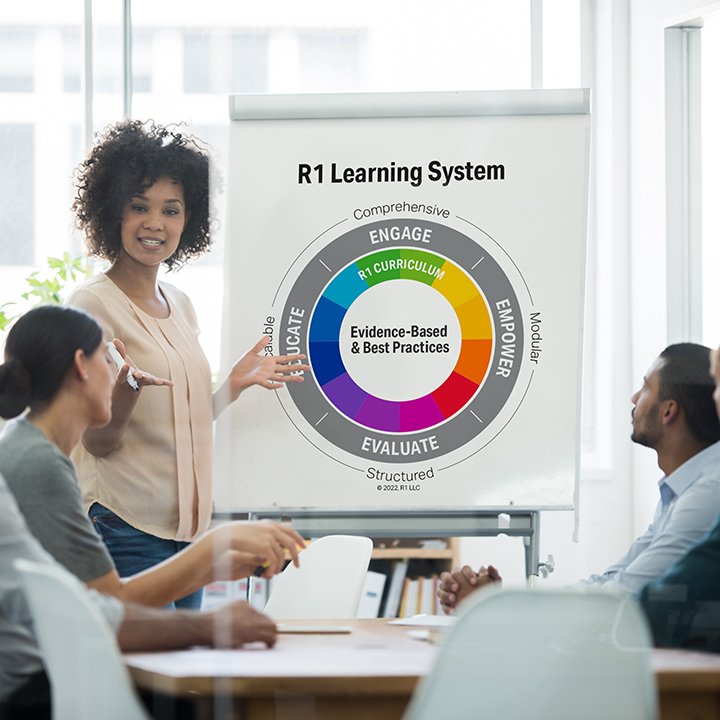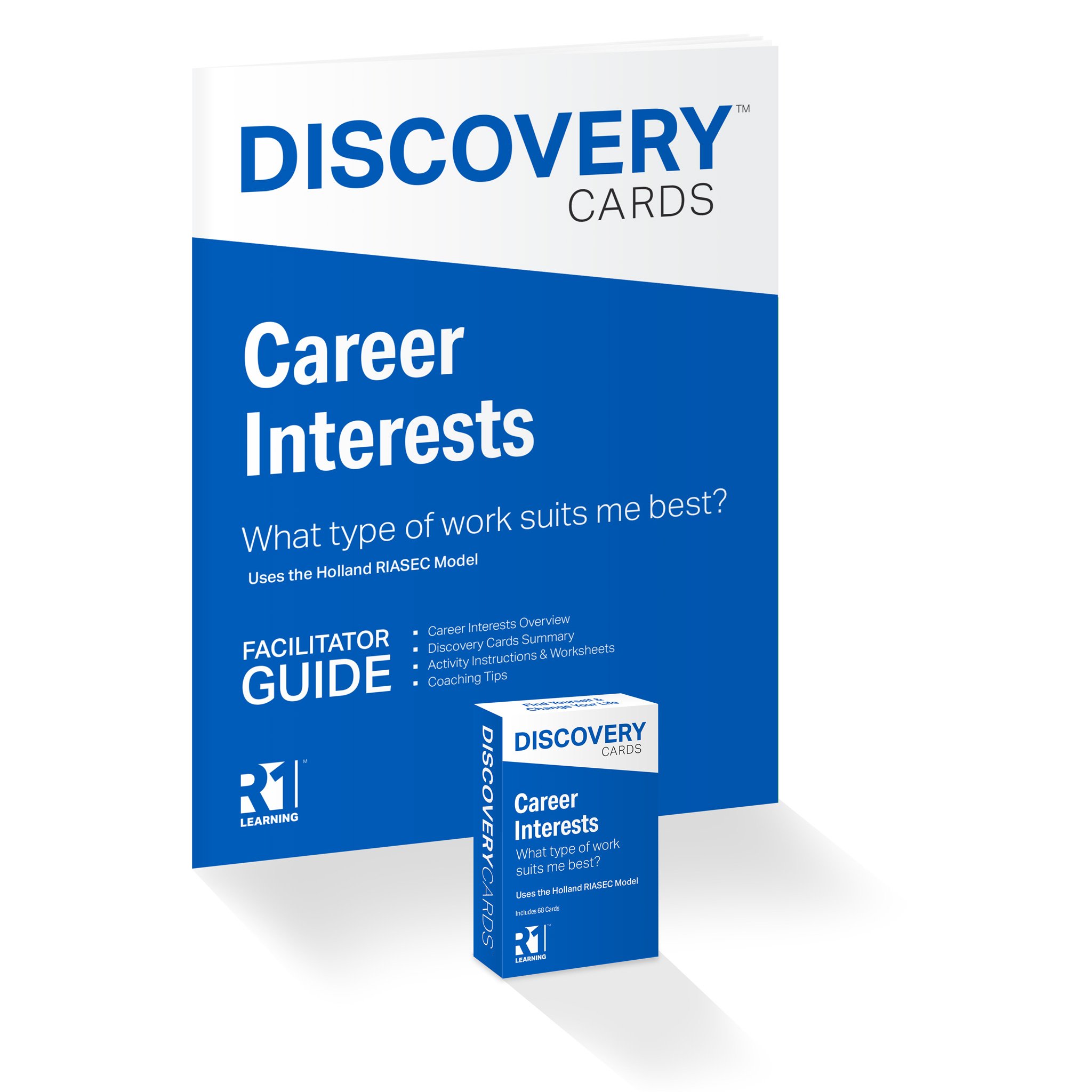
What Are My Career Interests?
Career Interests Defined
Career Interests Defined: Natural preferences for certain work activities and environments that generate motivation, satisfaction, higher performance, and overall occupational well-being. Alignment of career interest preferences with one's work environment increases engagement, enjoyment, learning, creativity, and contribution through work.
The Holland RIASEC Model
Dr. John Holland introduced the Holland RIASEC Model (based on personality types), now a leading theory that highlights six career interest types — Realistic, Investigative, Artistic, Social, Enterprising, and Conventional. The Holland Model (the RIASEC Codes) and the theory of careers and occupational choice is the foundation of the Occupational Information Network (O*NET), the primary source of occupational information in the United States.
Defining Career Interests — 6 Interest Types
O*NET is a free online service that contains standardized descriptions of almost 1,000 occupations, organized by RIASEC Codes. O”NET defines the knowledge, skills, and abilities that are required to be successful in each occupation. O*NET is a wonderful (and searchable) resource for anyone engaged in finding a career that best fits their interests. Many community workforce development programs use and rely on O*NET to assist individuals reentering the workforce for job search, resume writing, and interviewing skills.
Explore Majors and Occupations
Questions to Explore
Answer these questions for yourself or someone you are working with.
Did you find the Career Interest Model helpful in thinking about your career interests?
Did the 6 Career Interest Types help you to better pinpoint specific interests or skills? How were these categories helpful?
Which Career Types were most prominent as you thought about your own interests? Does this make sense to you?
As you look back over your relevant work history, which jobs were a good fit from a career interest perspective? Where were you in sync? Where were you out of sync?
Are you currently in a good job fit? What action can you take to get more of what you like to do in your current role?
As you think about jobs you want to explore, what are some of the important activities you want to look for?
Who can you ask for help and support in discussing your work and career options?
References
John L. Holland, 1919–2008: A Select Bibliography added to the Tribute & Obituary". NCDA. November 2, 2008. Retrieved December 7, 2015.
The Development, Evolution, and Status of Holland's Theory of Vocational Personalities: Reflections and Future Directions for Counseling Psychology." Journal of Counseling Psychology, Vol 57(1), 2010, 11–22.
Holland, John (1997). Making vocational choices: a theory of vocational personalities and work environments (3rd ed.). Odessa, Fla.: Psychological Assessment Resources.
Holland, John. Making Vocational Choices: A Theory of Careers. (Prentice-Hall, 1973).
Copyright 2022 Tom Karl / All Rights Reserved. Use of this article for any purpose is prohibited without permission.
Career Interests Thought Leadership — Dr. John Holland
John Holland (Update) is a social psychologist, cross-cultural researcher and creator of the Theory of Basic Human Values. He also contributed to the formulation of the values scale in the context of social learning theory and social cognitive theory. The Schwartz Values Wheel defines ten broad Value Types according to the kind of goal or motivation that each expresses. These Value Types have been researched and applied in studies of over seventy cultures across the world. Schwartz is a fellow of the American Psychological Foundation and is a member of the American Sociological Foundation, European Association of Experimental Social Psychology, the Israel Psychological Association, the Society for Experimental Social Psychology, and the Society for Personality and Social Psychology. He is president of the International Association for Cross-Cultural Psychology. He coordinates an international project in more than 70 countries that studies the antecedents and consequences of individual differences in value priorities and the relations of cultural dimensions of values to societal characteristics and policies. His value theory and instruments are part of the ongoing, biannual European Social Survey.
Visit the R1 Store to learn more about a variety of topics. The Discovery Cards are an amazing tool for exploring these topics with individuals or groups.






























